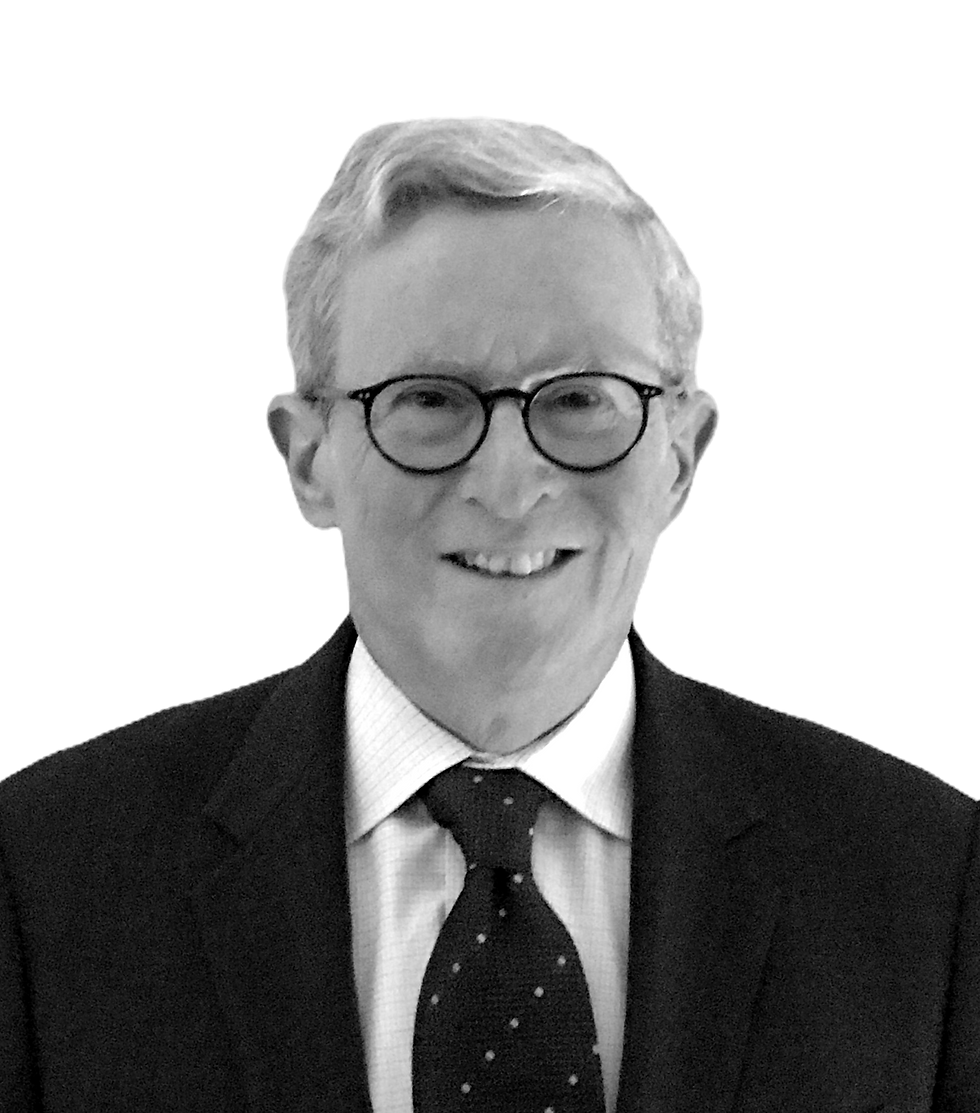Sam Bankman-Fried: Messianic Ambitions and Tried-and-Tested Limits
- SEDA Experts

- Sep 1, 2023
- 4 min read
By Robert Mass and Santiago Mejia on Program on Corporate Compliance and Enforcement at New York University School of Law
THE ARTICLE

Watching the unfolding saga of Sam Bankman-Fried (SBF) and his insolvent FTX cryptocurrency exchange, we are reminded of what happens when a wealthy, brilliant, and wildly ambitious founder-CEO loses sight of his all-too-human limits. An MIT and Jane Street Capital alum, SBF arrived on the crypto scene carting impressive credentials. He won the respect of world leaders, crypto-curious celebrities, and cheerleading media who wrote gushingly about him as “the next JP Morgan.”
Bankman-Fried’s messianic ambitions included completely overthrowing the global financial system, a critical and well-established constituent of our socio-economic infrastructure; becoming the central “bank” of the bold, new, unregulated crypto-verse; and earning as much money as he could in order to give it all away (“to get filthy rich, for charity’s sake,” as Sequoia Capital put it).
One of us spent 27 years as a compliance officer on Wall Street and recognizes the hype, and the type––a person so smart and successful that he believed the normal fiduciary rules did not apply to him. A person whose abilities and revolutionary ideas should not be weighed down by time-tested controls, methods, and mores.
SBF wanted to approach the world on his own terms. To skirt scrutiny, SBF incorporated FTX in The Bahamas, a tax haven that allowed him to avoid US regulation on derivatives and imposed significantly fewer requirements regarding disclosures and corporate governance. Like a feudal lord, Bankman-Fried kept decisions and information within his close circle. Prioritizing loyalty over ability, he saw no need to consult a board of advisors. He followed his own inimitable methods of accounting and cash management and was deliberately opaque about the company’s decision-making. His adherence to a controversial moral philosophy––an extreme form of utilitarianism––probably gave him intellectual cover in jettisoning ethical norms in his misuse of client funds.
We were not surprised to find lawyer John Jay Ray––who guided defamed energy behemoth Enron through its dissolution––appointed to oversee FTX in bankruptcy. Ray found in FTX a “complete absence of trustworthy financial information,” a “concentration of control in the hands of a very small group of inexperienced, unsophisticated, and potentially compromised individuals,” and a dearth of controls in accounting, audit, cash management, cybersecurity, human resources, and risk management.
Because power tends to corrupt and absolute power corrupts absolutely, we have developed checks and balances in government to limit the excesses of individuals with too much power. Corporations are not governments, but they too are hierarchical organizations where power is concentrated. Time-tested systems of corporate governance have been developed to limit fraud and mismanagement, not only by subordinates, but also by those at the top.
Wise leaders recognize the need for prudent guardrails––to create a level playing field and chasten darker impulses within themselves and others. Wise leaders are judicious stewards of their business. They keep good records that provide transparency to risk managers, controllers, compliance officers, lawyers, auditors and outside accountants. To prevent groupthink, they encourage regular review of company strategy by well-constructed independent corporate boards. And they foster clear accounting procedures and cash controls to limit the temptation to steal, borrow, or be careless with corporate funds.
SBF recently told a journalist, “fuck the regulators. They make everything worse.” Wise leaders do not belittle regulators, who are essential to ensuring customers are protected and markets remain fair. They recognize the danger of tampering with the fundamentals of our time-honored financial infrastructure. Even when they believe that regulators are wrong, they follow Chesterton’s Fence Principle, making a genuine effort to understand the goals of regulators in order to assist them in carrying out their mission. They know that regulators, even if sometimes difficult, have seen many companies and markets implode and understand the structures and procedures that can forestall those implosions.
The ancient Greeks had a word for the main vice that afflicted SBF: hubris. Modern republics have a solution to it: rigorous governance designed to keep hubris in check and align corporate profit with the common good.
Robert Mass is a former partner and head of international compliance at Goldman Sachs with 27 years of experience. Santiago Mejia is an assistant professor of business ethics at Fordham University, Gabelli School of Business.
The views, opinions and positions expressed within all posts are those of the author(s) alone and do not represent those of the Program on Corporate Compliance and Enforcement (PCCE) or of New York University School of Law. PCCE makes no representations as to the accuracy, completeness and validity of any statements made on this site and will not be liable for any errors, omissions or representations. The copyright of this content belongs to the author(s) and any liability with regards to infringement of intellectual property rights remains with the author(s).
EXPERT INVOLVED
Robert Mass

Robert Mass as a former Goldman Sachs Senior Executive, Global Compliance Head of the sales and trading businesses, and International Compliance Head is a world-class expert in governance, supervision and compliance across markets and business types – and particularly in sales and trading, commodities and derivative compliance. He was also instrumental in the creation of Goldman’s ethics program and expert in the development and management of firmwide ethics programs.
Learn more about SEDA at sedaexperts.com
Contact Us
+1 646-626-4555





Comments